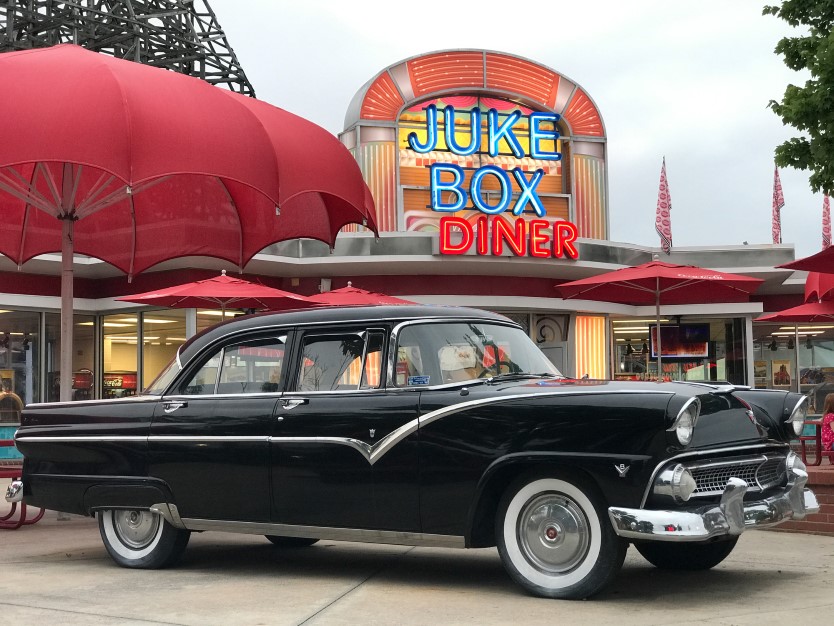It’s a new year and so tempting to try new things. I’m with you! But sometimes, when it comes to paperwork organizing, we at Personal Money Manager™ find that the tried-and-true can be the way to get things done for our senior clients.
Here are some examples:
Three “Oldies but Goodies” to start the New Year;
1) Hardcopy is hard to beat.
I scan documents and keep computer files with the best of them, but often find that paper documents still have their place. A hardcopy document can be kept in one or multiple files or as a reminder or “heads up” if someone else must suddenly step into a situation. Go ahead–Use a highlighter. Print on colored paper to get attention. Add your notes with dates. Sometimes the answer is to keep a copy of a document on my computer as well as in a client’s filing box or desktop “To Do” or “Follow Up” file folder. Too many copies? Just shred the extras.
2) Sometimes it’s best to pick up the phone.
Multiply my years at Personal Money Manager™ (sweet sixteen) by the number of clients over the years, and you know that I’ve seen lots of confusing notices, urgent but poorly-written letters, and more. While I’ve seen a lot, I can’t say that each and every notice/invoice/urgent message clients show me is instantly understandable with a clear path to resolution.
I’m no fan of waiting on hold but sometimes phoning the office or organization that sent the invoice or notice is the best and safest route. A well-timed phone call can sometimes quickly clarify an ambiguous notice or phrase. For safety’s sake, use the number on the back of your card (credit or health insurance, for example) or Google a vendor’s contact number rather than using the one in the letter/email/text.
Avoid calling on Monday morning and Friday afternoon and make the speaker phone option your friend so you can multi-task while on hold. Please note who you spoke to, when, and ask for a reference number for the call.
3) Less isn’t always more.
I’ll start with an example: Receipts for home capital improvements (such as a new kitchen or deck) do not factor into your annual income tax filings. But that doesn’t mean they are not worth keeping for future tax savings. Well-labeled and safely filed, they might benefit you—if and when you sell your home. This is just one example of when old paper files should not be assumed to be destined for the recycling bin or shredder.
New clients often say to me about their paper files and piles, “I know you think this should all be tossed out.” Not so fast! I am all in favor of clearing and organizing a workspace. But that doesn’t mean that older papers should be tossed wholesale.
My approach would be to first sort and get a grasp of you’re looking at. Ask: Can they be put safely out of sight until you (or we) can get to them? Would another trusted advisor—your attorney? your accountant?–know best if you need to keep these older papers? Are any easily replaceable if required in the future?
My message: What’s old is new again. Either way, I’m always exploring ways to help clients tackle their paperwork challenges. I look forward to continuing to share my Personal Money Manager™ field-tested findings with you in the year ahead.
And while 2024 is not quite a new year anymore . . . may it be a happy one! Please reach out to me so we can catch up, especially if we haven’t connected in a while. (I’d especially love to hear from anyone who has been to the diner in the picture above—Jukebox Diner in Charlotte, North Carolina.)
Photo Credit: ID 119081460 © Mashiki | Dreamstime.com
© Mashiki | Dreamstime.com
